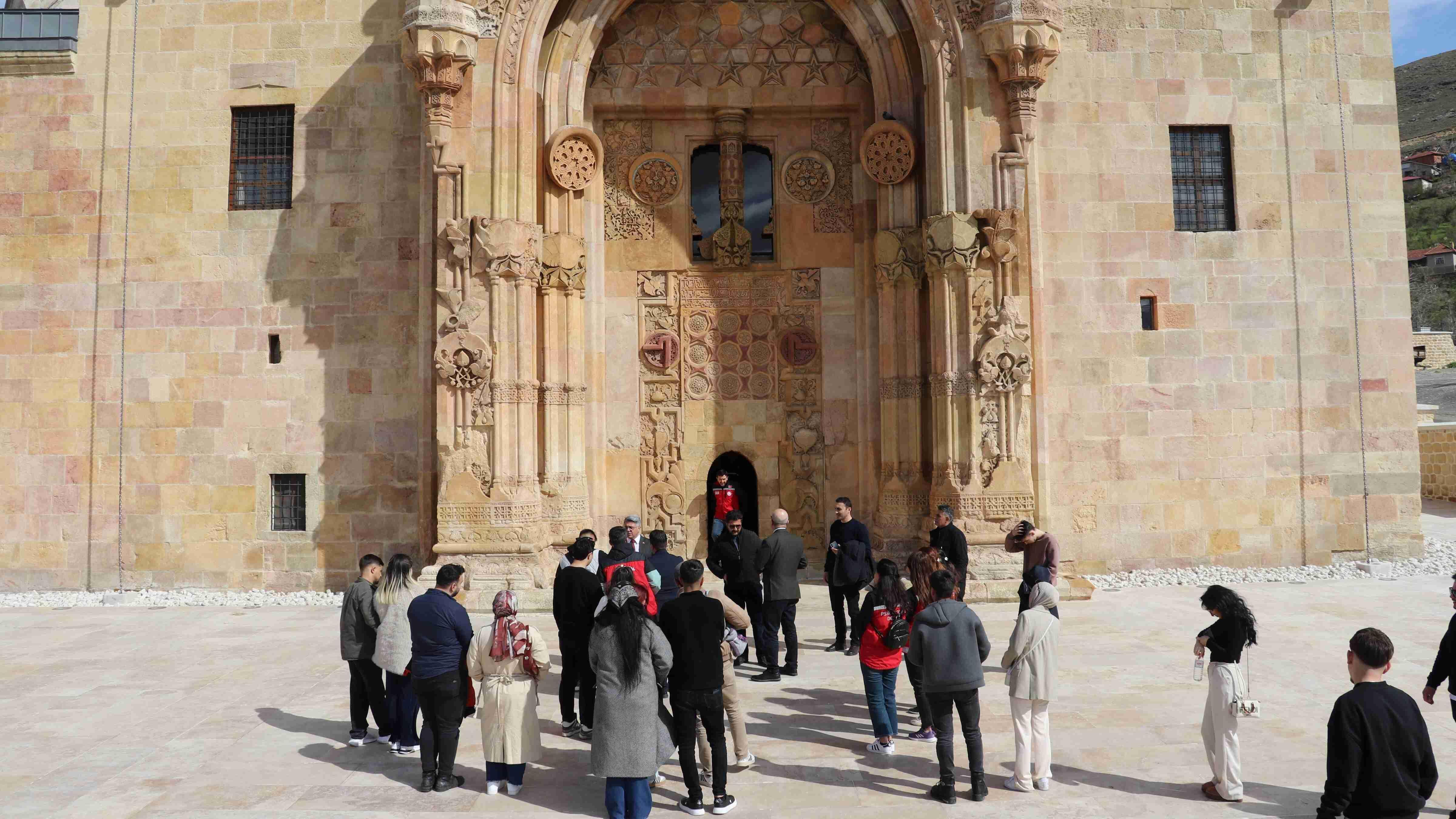What will Erdoğan do with 400 MPs?
Turkish President Recep Tayyip Erdoğan had promised to be a running, sweating president, unlike his predecessors, who mainly fulfilled their ceremonial duties. However, what we have found over the last seven months is rather a “talking president,” unlike his predecessors and his colleagues across the world.
Portraying himself as the “president of the ruling Justice and Development Party [AKP]” through his daily statements, often engaging in a war of words with the opposition leaders, Erdoğan is trying to indoctrinate public opinion in Turkey on why the presidential system is best.
However, his proposal is not to adopt the systems being implemented in the United States or France - presidential and semi-presidential respectively - which have already proven their democratic maturity.
Both systems include important mechanisms to control the use of power by the president, allowing the two-chamber parliamentary system to exercise its surveillance on presidential actions.
Instead, Erdoğan is proposing the establishment of a “Turkish model presidential system.” In his return from a tour to three Latin American countries – all of which are ruled by a different presidential system – he made his case very bluntly, saying they do not need to copy the American or French model, or any other model for that matter. Rather, Turkey can make its own system based on Turkish traditions of state rule. The traditions he referred to belong to the Ottoman Empire, ruled by the Ottoman dynasty for centuries, which gives us enough of an indication about what the Erdoğan-proposed system will look like.
That’s why Erdoğan is repeatedly demanding “400 lawmakers,” far higher than the 367 parliamentary seats required to change the constitution. His post-election agenda includes a rapid writing of the new charter with the adoption of the presidential system and putting it into practice as soon as possible. If things go smoothly for Erdoğan, he will declare his new status as the president with full powers no later than this fall.
A common expectation in Turkish public opinion is for the junta-made constitution to be gotten rid of, and for it to be renewed by highlighting democracy, freedoms and universally-accepted standards.
Unfortunately, there are no signs that the AKP’s self-made constitution would reflect or meet these expectations. Evidence supporting this forecast is the security package that is currently being tensely debated at parliament. The bill is composed of the worst articles of similar legal texts of European countries, illustrating a patchwork that could hardly be called democratic. The general spirit of the security package is undemocratic and breaks the security-freedoms balance - to the advantage of the former.
Given the government’s record in curbing freedoms and rights in recent years, it would not be surprising to see a constitution that would not embrace the expectations of the Turkish people as a whole. It’s perhaps too early to argue about it, but it’s obvious that the next charter will be less secular, less republican and less democratic. However, its most important component will be the adoption of an Erdoğan-style presidential system.
If they do indeed materialize, Erdoğan’s 400 lawmakers will vote in favor of such a constitution and the presidential system. Erdoğan wants these 400 people to be able to comfortably change Turkey’s regime.











